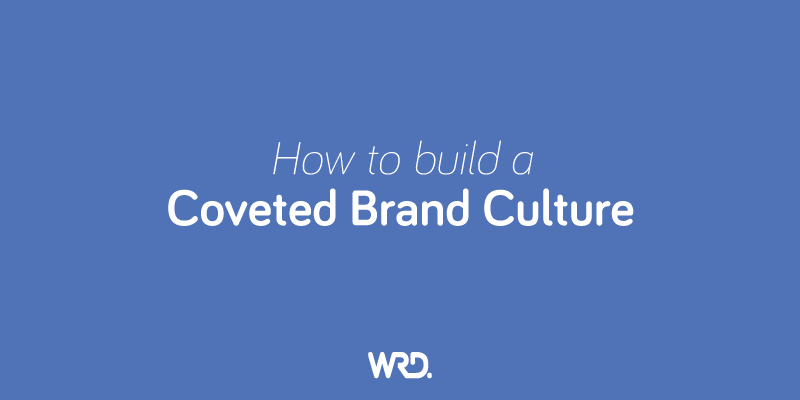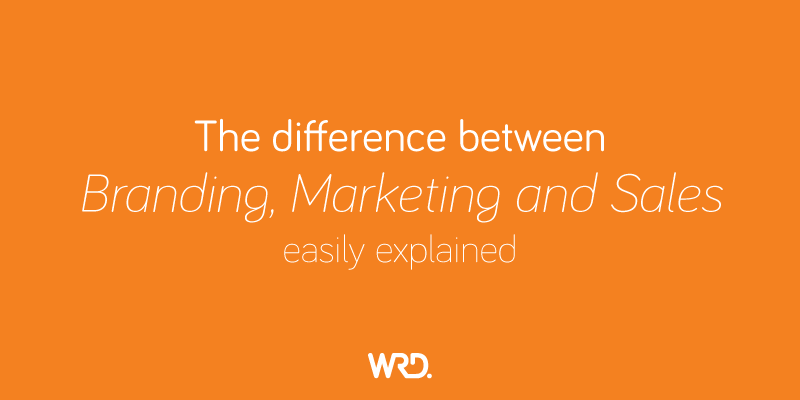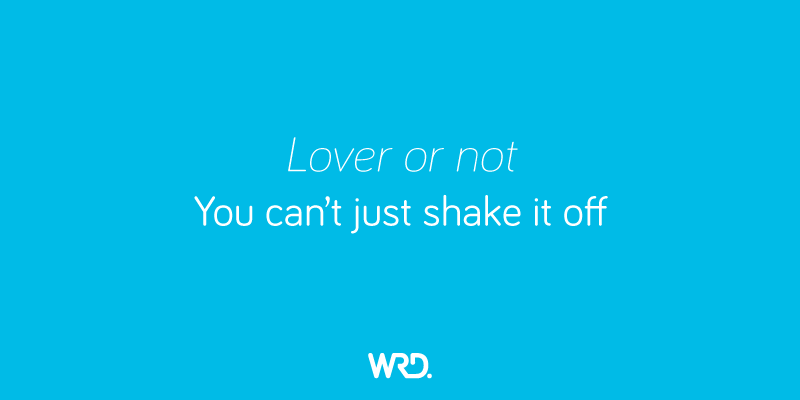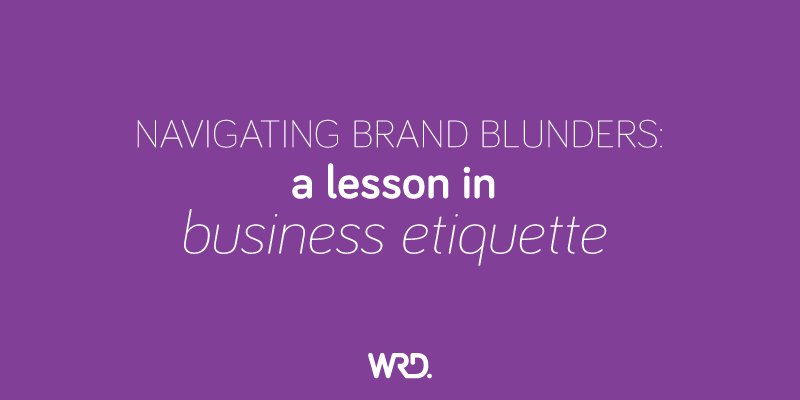There’s no denying that culture is an important fibre in our fabric as humans. Culture influences our behaviour, our perceptions and shapes our personalities. Culture is described as a set of customs, ideas and social behaviour of a group of similar people in a community. Brand culture is all of this but within the workplace. It’s a vitally important element to get right.
Brand culture is not just having a ping-pong table at work or pizza on Fridays. Your brand culture goes right to the heart of what the company stands for and cannot be built without the following 7 essential ingredients.
7 essential ingredients to build an engaging brand culture
1. Brand Personality
You need to understand what your brand personality is as this determines ‘how’ you do what you do. This secret sauce is what makes your brand unique. If your brand personality is The Hero your culture will be a motivating, encouraging and courageous one, however, if you are The Entertainer brand personality, then your culture will be fun, playful and light-hearted. It’s critical to get clarity on your brand personality so that the culture you cultivate is engaging, authentic and infectious.
2. Brand Promise
Every brand needs a rock solid brand promise to base their culture on. FedEx has its famous Purple Promise, which states, “I will make every FedEx experience outstanding.” They put the customer at the heart of the company and make this the focus of each and every employee to create an outstanding experience for the customer. When everyone in the company knows what their brand promise is, and they are all striving to achieve the same thing, it ensures that a very strong brand culture is not only created but also maintained.
3. Brand Strategy
You need a written brand strategy that appears in a form that is easy to share amongst your team. It should contain your brand promise, personality, visual identity, brand voice, language and tone. It may also include slogans, dress code, the core focus points of your brand culture and the experience you’d like your customer to have when they come into contact with your brand. Make sure that everyone in the business has a copy and ensure that they have read and understood it.
4. Tell your story
People remember stories far better than they remember facts and figures. So tell your brand story. Encourage your team to become storytellers themselves so that there is a strong and consistent message going out to your clients about who you are, what you stand for and how you plan to help your clients.
5. Train your team
A well trained employee will feel empowered to do their job. They will know what to do and when. Having systems and procedures in place is critical in allowing them to do their work without the fear of making a mistake. When a team is well trained, they are more confident, feel safer in their decisions and are ultimately happier. A happy team makes for a very good brand culture.

6. Engage your team
Your team is your biggest asset, so engage them in your brand. Make sure that they understand the brand promise; they know where the brand is heading and what it stands for. Encourage your team, no matter what their position to share ideas and recognise them for their contributions. You’ll be amazed at how much buy-in staff have into a brand when they can see their ideas implemented. They start to live and breath the brand, which creates an energy that transcends throughout the entire business.
7. Hire for the brand
Once you have a well-defined brand culture, it becomes much easier to obtain the right staff. Hire on attitude and brand fit, not only on skills – after all, skills can be taught, attitude can’t. If you have a strong brand culture good people will seek you out as an employer of choice as they will feel that you’re a good fit for them. Think Google!





